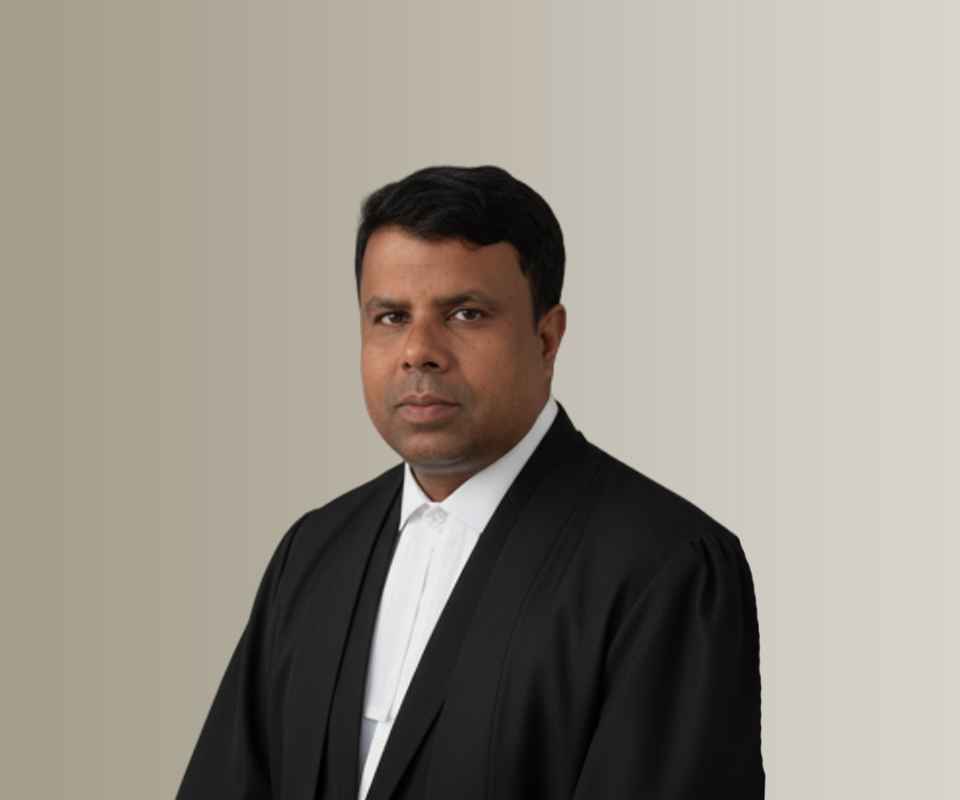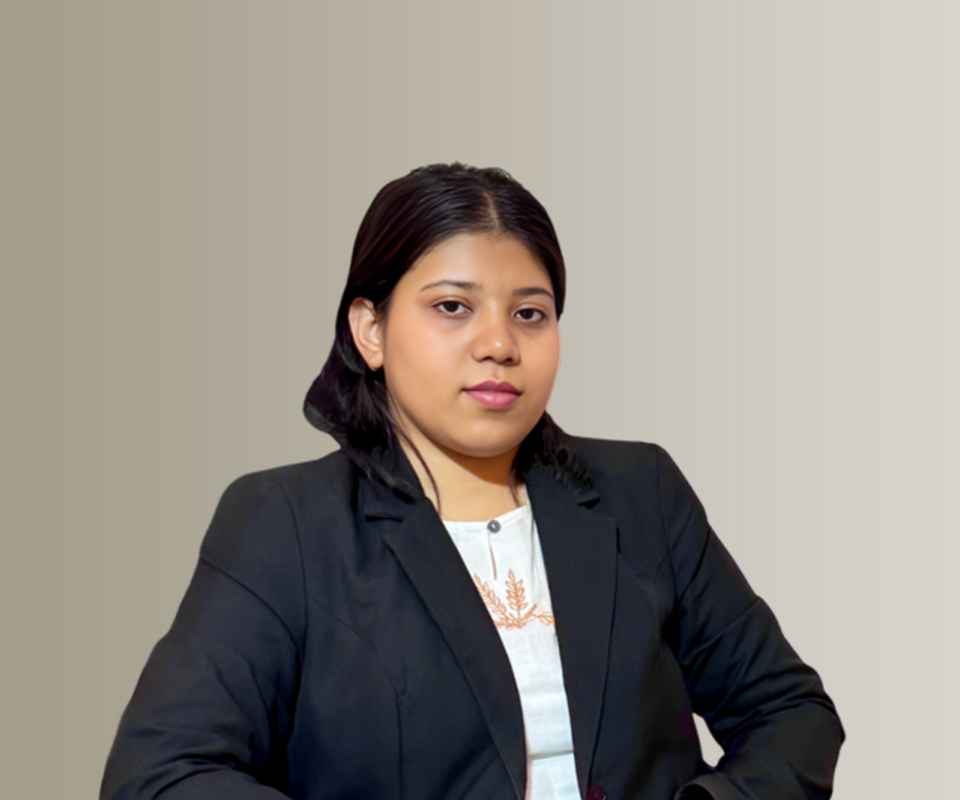Answer By law4u team
A parent’s political activity—such as participation in protests, political office, or activism—can raise questions in custody disputes about their availability, stability, and environment offered to the child. However, courts generally prioritize the child’s welfare over political beliefs or activities unless such activities directly harm or endanger the child.
Impact of Political Activity on Custody Decisions
1. Parental Rights and Political Expression
Parents have a constitutional right to political expression and participation under freedom of speech and association. Courts do not disfavor a parent solely because of their political beliefs or peaceful activism.
2. Focus on Child’s Best Interests
Custody decisions focus on whether the parent’s political activity:
- Affects their ability to care for the child.
- Puts the child at risk of harm, neglect, or instability.
- Exposes the child to dangerous situations or environments.
3. Examples of Potential Impact
If political activity causes frequent absences, instability, or unsafe situations (e.g., involvement in violent protests).
If political views influence the child negatively or lead to alienation.
If political engagement leads to legal troubles or incarceration.
4. Court’s Discretion
Family courts have wide discretion to assess the totality of circumstances. Political activity may be considered alongside other factors such as:
- Parenting skills.
- Emotional and physical environment.
- Child’s preferences (age permitting).
- Parental cooperation.
5. Avoiding Discrimination
Courts must avoid discrimination based on political opinion unless directly relevant to child welfare. Mere ideological differences are insufficient to deny custody.
6. Custody Evaluations and Reports
Custody evaluators or psychologists may assess how political activity affects the child’s well-being and report to the court.
Example
Scenario:
A mother, actively involved in political protests, often travels and attends rallies that sometimes extend late into the night. The father claims this affects the mother’s ability to care for their 5-year-old son.
Court Proceedings:
The court reviews testimony, including the mother’s schedule and child care arrangements.
The court considers whether the child is neglected or exposed to harmful situations.
A child psychologist evaluates the child’s emotional health and impact of the mother’s activism.
The court finds that while the mother’s political activity is intense, she maintains adequate care and a safe environment.
The custody order grants the mother primary custody with recommendations to ensure child’s routine is stable.
The court emphasizes the mother’s right to political expression, balanced with child welfare.







